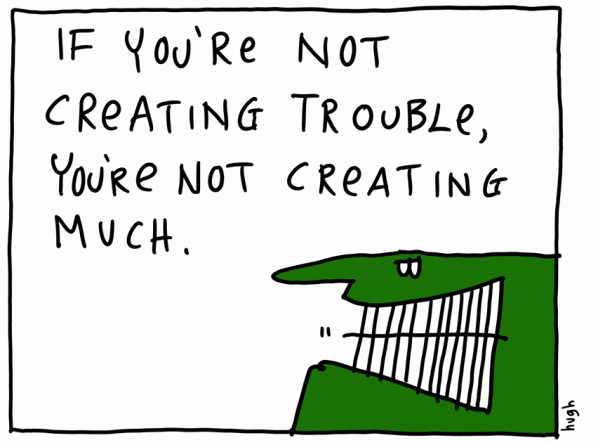Note: This article was originally written on Medium. If you don't know what is Medium, read this piece.
Every time I hear someone says “Learning is a lifelong process”, I think to myself, isn't that obvious? Then I realized it depends on what you define as learning.
To many, learning happens when you go to school, college, university or anywhere you are taught. The common route is that you spend 2 decades of your life learning from these institutions and if you do well, you graduate and earn a piece of paper that proves it.
Learning is NOT what you do at a particular place
The first problem with this model is as if learning can only happen at a certain venue. So what happens when you leave those places? Do you stop learning?
Of course, the environment is important to encourage learning but you can learn anywhere at anytime. The environment only affects how well you learn, not whether you learn or not.
Learning is NOT being taught
I don’t believe that in order to learn something, you have to be taught. A teacher can teach very well but that doesn't mean the students are learning.
When the student is ready, the teacher will appear - Buddhist Proverb
You can learn from anyone, from anything, at anytime and in anyway you like.The decision to learn does not rely on the availability of someone or something to teach you. It is simply whether or not you want to learn.
Learning is NOT a means to an end
You learn to gain understanding and knowledge. And with these new insights, you can then use it to learn things that are more advanced.
Everything that you have learned serves as a foundation for future learning. That’s why we go from primary school to high school then to college, university and beyond. The goal of learning is to be able to learn more.
Learning is a choice
It is your choice to learn from the experience you went through or from the mistakes you did. The opportunity to learn is always there. It is up to you to choose if you want to take up the challenge or ignore it.
With the Internet, you can learn about anything at your own pace. You even get to decide on your own syllabus. Get on Khan Academy to learn about differential equations or how to code in Ruby at Codecademy. Learning is an option available to everyone.
Learning is living
To live is to learn. We begin our lives by first learning how to breathe on our own. Then we learn to walk, to read, to count, to love and to stand up after a fall.
Learning is so entwined with our lives that it is part of being alive. To stop learning is like saying you want to stop breathing.Learning can happen anywhere as long as you allow it. You can learn from anyone or anything and everything you learn leads you to a path of more learning.
Learning isn't just a lifelong process. It is the process of life itself. Life becomes far more meaningful and fulfilling when you never stop learning.




